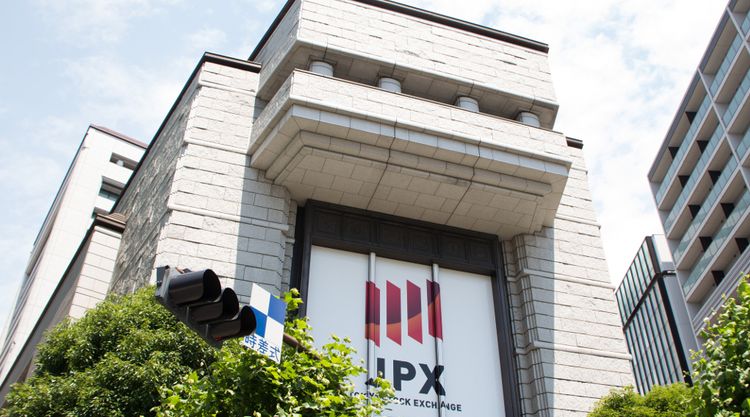Japan Exchange Group (JPX), owner of the Tokyo Stock Exchange, said on Thursday it would take over the Tokyo Commodity Exchange (TOCOM) to create an all-in-one bourse that would attract more international traders and investors.
The widely expected deal brings Japan into line with a global trend towards consolidation that has created bourses trading everything from currencies to cheese, and throws a lifeline to struggling TOCOM, once a major commodities exchange.
The transfer of most TOCOM products onto JPX platforms and the consolidation of clearing facilities is expected to be completed after March 2020, JPX said in a statement, giving no details on the value or terms of the deal.
Oil-related products will continue to be traded on a TOCOM-branded platform “for the time being”, while planned electricity and liquefied natural gas products will also be listed and traded as TOCOM contracts, the statement said.
One-stop trading “will enhance the convenience of the Tokyo market, (while) strengthening its global competitiveness and enhancing its presence as an economic hub in Asia,” JPX said.
The takeover may also save loss-making TOCOM, which has seen its trading volumes shrink from its heyday in the early 2000s as futures markets in China and Singapore have grown and taken over its market share.
“The merger will put our business on a solid footing and hopefully attract hedgers and energy majors, along with an inflow of funds,” said TOCOM President Takamichi Hamada.
Last year, TOCOM’s total trading volumes fell below 24 million contracts, less than a third of a record 87 million contracts traded on the exchange in 2003.
TOCOM, whose beginnings go back to the 1950s and exchanges trading textiles and rubber, grew to be one of the world’s biggest commodities markets, although fuelled mainly by yield-hungry retail investors in Japan.
Trading volumes have dwindled since 2005, when the government tightened restrictions on soliciting business from individual investors.
While investors can still trade products on TOCOM such as azuki beans or gas oil delivered by barge in Tokyo Bay, its most heavily traded contracts are for gold, oil, platinum and rubber.
Volumes have also declined in these products, as other exchanges have prospered. Rubber futures on the Shanghai Futures Exchange, for instance, traded in volumes more than 40 times higher than turnover for a similar TOCOM product in 2017.
Reuters



